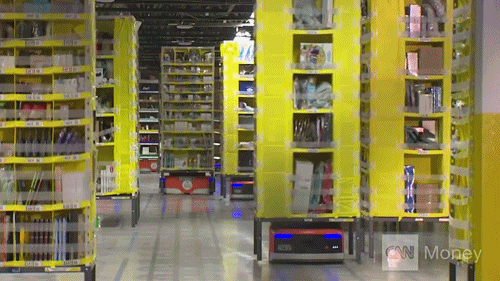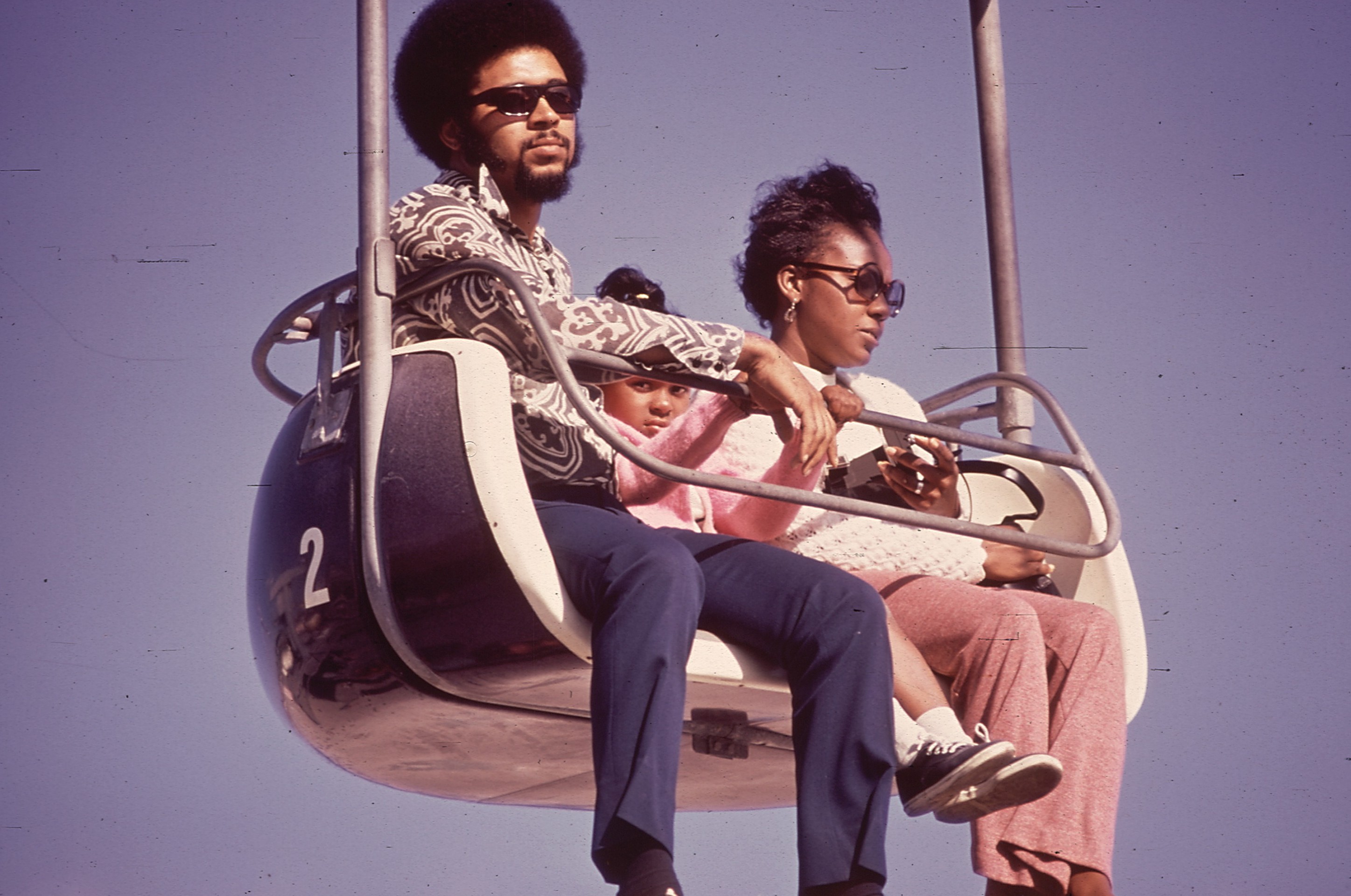In this nativist political season, Donald Trump has promised he’d use taxes to force American companies to not relocate factories overseas, but many of them are glad to stay and others are happily returning. The jobs aren’t coming back, mind you, just the factories. The work is being outsourced beyond our species, with machines taking over most of the tasks. That trend will only continue apace, regardless of where the physical plants are located. That’s the real political issue, the increase in automation, and one that’s been almost completely ignored on the trail. That’s probably because there are no easy answers.
From “Manufacturing Is Never Coming Back,” by Ben Casselman at Five Thirty Eight:
A plea to presidential candidates: Stop talking about bringing manufacturing jobs back from China. In fact, talk a lot less about manufacturing, period.
It’s understandable that voters are angry about trade. The U.S. has lost more than 4.5 million manufacturing jobs since NAFTA took effect in 1994. And as Eduardo Porter wrote this week, there’s mounting evidence that U.S. trade policy, particularly with China, has caused lasting harm to many American workers. But rather than play to that anger, candidates ought to be talking about ways to ensure that the service sector can fill manufacturing’s former role as a provider of dependable, decent-paying jobs.
Here’s the problem: Whether or not those manufacturing jobs could have been saved, they aren’t coming back, at least not most of them. How do we know? Because in recent years, factories have been coming back, but the jobs haven’t. Because of rising wages in China, the need for shorter supply chains and other factors, a small but growing group of companies are shifting production back to the U.S. But the factories they build here are heavily automated, employing a small fraction of the workers they would have a generation ago.•


